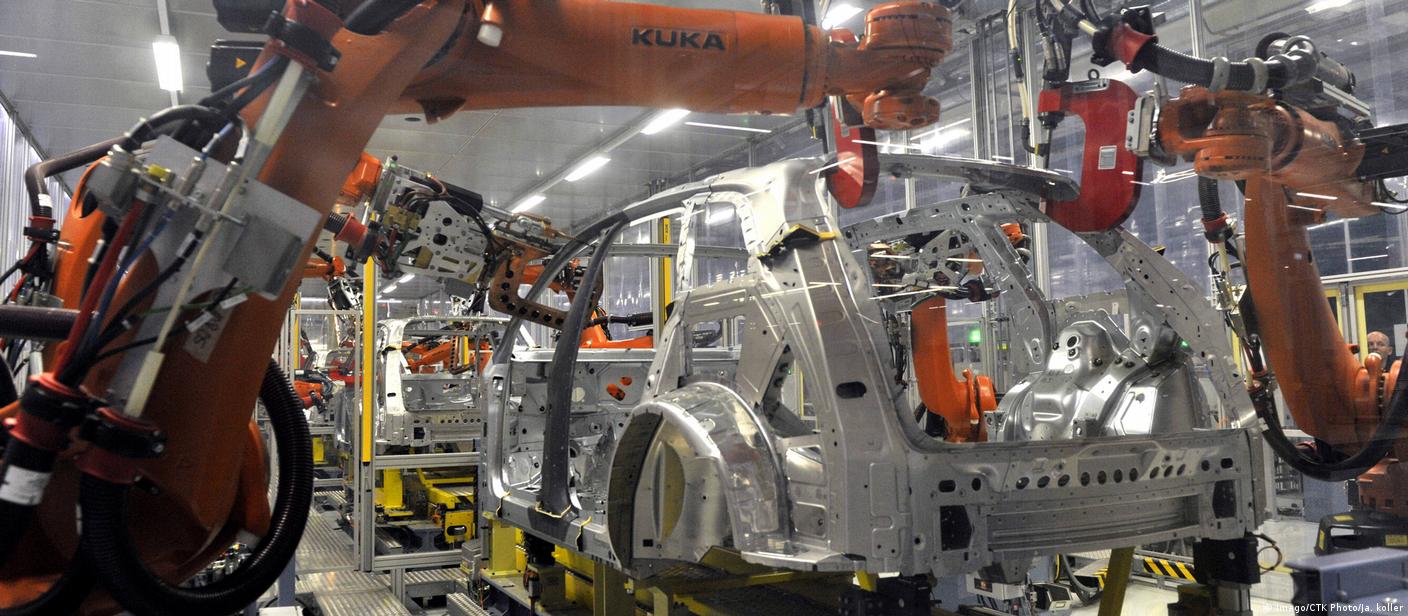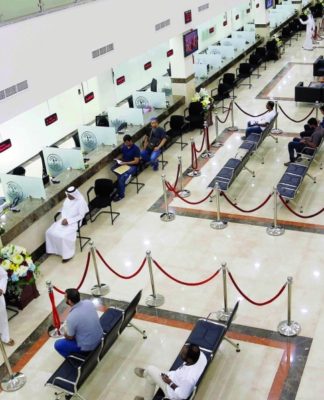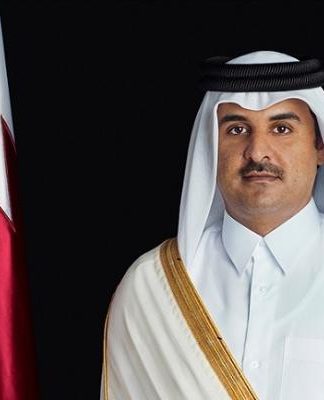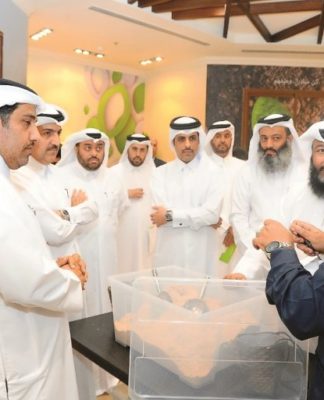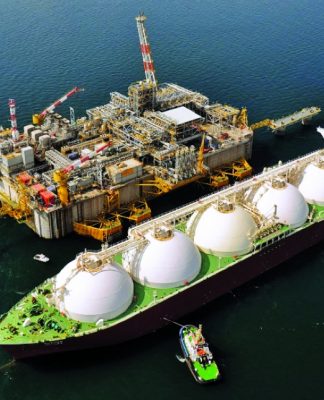BUSINESSSLOVAKIA
Slovakia’s auto industry faces painful EV transition
David Ehl
12 hours ago12 hours ago
With the help of German auto giants, Slovakia has become a hub for car manufacturing, making more cars per capita than any other country in the world. But will it survive the end of the combustion engine era?
https://p.dw.com/p/4MeAd
Slowly but gradually the turquoise-green license plates issued for electric cars in Slovakia are becoming more a familiar sight in the country’s capital Bratislava. The Slovak government subsidizes the purchase of a new all-electric car with €8,000 ($8,700), and millions are being invested in expanding the charging infrastructure.
And yet, the Eastern European state’s transformation toward e-mobility is still in its infancy, and so is its current business model of building cars at low labor costs.
A picture of a green licence plate on a Slovak electric carA picture of a green licence plate on a Slovak electric car
Adoption of electric vehicles in Slovakia is only just beginningImage: David Ehl/DW
In 2021, about one million new cars rolled off production lines in Slovakia — a global record, when measured against the country’s population of 5.4 million. The Slovak automotive industry contributes close to 13% to the country’s gross domestic product (GDP). By comparison, the German auto industry generates only about 5% of Germany’s GDP.
Slovakia’s cars are mainly destined for the European market and make up 33% of the country’s entire exports.
However, Slovakia’s growth engine, as it were, is still powered by fossil fuels, thus making further growth a huge challenge amid the industry’s transformation.
How to survive the EV onrush?
Under the European Union’s new mobility strategy, only zero-emission cars will be allowed to be sold from 2035, meaning new vans or cars with combustion engines will be banned in the bloc in a little over a decade.
Slovakia’s automakers began gearing up for the industry shift in 2013, as Germany’s Volkswagen (VW) launched the production of its e-up! compact car in its factory in Bratislava. According to a VW spokesperson there, a total of 41,500 units of the car were delivered in 2021, while data for 2022 are not yet available.
The total output at the Bratislava plant, however, was 309,000 vehicles in 2021, the spokesperson told DW, noting that VW has also begun to produce hybrid SUV models there in recent years.
As the traditional combustion engine still powers most of the cars rolling off VW’s Bratislava factory, the challenges facing future production at the plant are becoming ever more apparent. Electric motors are much simpler to build, and they require fewer parts, less work and ultimately fewer staff. As a result, the Slovak auto industry is facing a painful transition amid the new realities.
“In the worst case, GDP could be 10% lower,” says a 2020 study by the Bratislava-based think tank Globsec, which has analyzed the transformation of the automotive sector over the next two decades. Its “best-case scenario” expects the creation of up to 8,000 new jobs, but only if the production of key components such as car batteries is located in the country.
The EU’s burgeoning e-battery industry
05:25
High hopes in eastern Slovakia
Radovan Durana of the Institute of Economic and Social Studies in Bratislava says Slovakia could be happy that one of the world’s biggest carmakers has chosen the country for producing its cars. “But if Volkswagen decides to make its electric cars in Germany, then we have no choice in Slovakia,” the auto analyst told DW.
And, indeed, the auto giant is already manufacturing its ID.3 and ID.4 electric models at its German factory in Zwickau, Saxony, and produces the batteries for its e-up! car in Braunschweig, while e-motors are coming from Kassel, also in Germany.
Durana believes that state subsidies won’t help much in the current industry transition and that it’s know-how that matters more. “They [the carmakers] base their decisions regarding production sites on whether or not they make sense economically,” he said, which is why the number of likely suppliers and the qualifications of the people in any specific region are more important. This would be true for the whole auto industry in Eastern Europe, including those in Hungary, Poland and the Czech Republic, he added.
At the moment, the government in Bratislava is pinning high hopes on Swedish carmaker Volvo, which recently announced it wants to build a new electric-car factory in Kosice, in eastern Slovakia. About 20% of the €1.2 billion funding for the project will come from the Slovak state. Volvo is planning to produce 250,000 electric vehicles in Kosice from 2026, with the government hoping the new plant will narrow the wealth gap between the poor east and the richer west of the country.
A picture of InoBat founder and CEO Marian BocekA picture of InoBat founder and CEO Marian Bocek
InoBat CEO Marian Bocek has big ambitions for Slovakia’s auto industryImage: David Ehl/DW
New seeds of growth
In the meantime, a lively auto industry startup scene is beginning to thrive in the shadow of the legacy carmakers’ sprawling factories. Homegrown startup InoBat — a manufacturer of special batteries for busses, sports cars and aircraft — is setting up shop in the Voderady industrial park, a half-hour’s drive from Bratislava.
At the time of DW’s visit, workers were pouring a special white floor covering on the screed to prevent electrostatic charging in the huge factory building. Founder and CEO Marian Bocek told DW that production machines are currently on their way from China. “Batteries are to me what the internet was in the 1990s,” Bocek said. They are a “groundbreaking technology” without which the energy transition wouldn’t work, he said. “Batteries are the heart of the industrial transformation.”
In Voderady, InoBat wants to combine all battery production processes, including a test lab and a recycling plant for used batteries. The facility is planned to be operational by 2024. It would be the only site in Europe, he said, where all this can be found in one location. The first batteries made by InoBat are scheduled for production in the second quarter of 2023.
A picture showing an empty research laboratory at the InoBat facility in SlovakiaA picture showing an empty research laboratory at the InoBat facility in Slovakia
InoBat’s new battery research lab shows the company wants to include the whole EV battery value chain in its businessImage: David Ehl/DW
The dream of the “Danube Tech Valley”
Bocek spent a long time of his professional career as an investment banker in the United States. He believes his home country Slovakia may one day become an innovation cluster for a new European car industry.
“What we have here is a European Shenzen where many auto industry majors are located closely together,” said Bocek, referring to the famous Chinese high-tech industrial cluster. The Voderady industrial park is an ideal location, he added, with carmakers such as Jaguar/Landrover or Stellantis located in a distance of not more than 250 miles.
The region along the Danube river, he said, could become what he called the “Danube Tech Valley.”
The InoBat battery plant in the Voderady industrial park in SlovakiaThe InoBat battery plant in the Voderady industrial park in Slovakia
InoBat is seeking to make its factory in the Voderady industrial park the center of a ‘Danube Tech Valley’Image: David Ehl/DW
Until that dream becomes reality, said industry analyst Durana, InoBat first has to prove it’s able to stand on a sound commercial footing and can expand its business. “We still have to see if it’s successful or not.”
So far, Slovakia’s auto industry is still based on the old combustion engine technology. The sprouts of a new era of carmaking are few and far between, and still not strong enough to keep up with industry leaders elsewhere.
This article was originally published in German.














